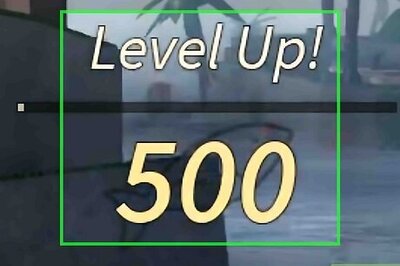
views
LONDON: Oil prices tumbled by more than 6% to a five-month low on Thursday, extending the previous day’s sharp decline on the impact renewed coronavirus lockdowns could have on oil demand.
December Brent crude futures were down $2.42, or 6.2%, at $36.70 by 1344 GMT, their lowest in five months. The more active January contract lost $2.33 a barrel to $37.31.
U.S. West Texas Intermediate (WTI) crude futures fell $2.41, or 6.5%, to $34.98, its lowest since mid-June.
Both contracts plunged by more than 5% on Wednesday.
With COVID-19 cases surging across Europe, France will require people to stay at home for all but essential activities from Friday, while Germany will shut bars, restaurants and theatres from Nov. 2 until the end of the month.
“As lockdowns begin to bite on demand concerns across Europe, the near-term outlook for crude starts to deteriorate,” said Stephen Innes, chief global market strategist at Axi.
The Organization of the Petroleum Exporting Countries (OPEC) and its allies will be monitoring the deteriorating demand outlook closely as well as rising supplies from OPEC member Libya.
OPEC and its allies, together known as OPEC+, plan on tapering production cuts in January 2021 from a current 7.7 million barrels per day (bpd) to about 5.7 million bpd.
“[We] believe it is increasingly unlikely that oil production will be stepped up from January,” Commerzbank said. “Instead, OPEC and its allies (OPEC+) would really need to implement further production cuts, given the weak prospects for demand.”
Libya is currently producing 680,000 bpd and expects production to rise to 1 million bpd in the next few weeks, a Libyan oil source said.
OPEC+ is scheduled to meet on Nov. 30 and Dec. 1 to set policy.
Oil had initially rebounded slightly from overnight losses in Asian morning trade on technical support and the prospect of tighter short-term supply as Hurricane Zeta slams Louisiana.
But the hurricane is forecast to weaken by Thursday morning in the United States and the return of U.S. production will add to existing oversupply.
(Additional reporting by Shu Zhang and Sonali Paul; Editing by David Goodman)
Disclaimer: This post has been auto-published from an agency feed without any modifications to the text and has not been reviewed by an editor
Read all the Latest News and Breaking News here


















Comments
0 comment